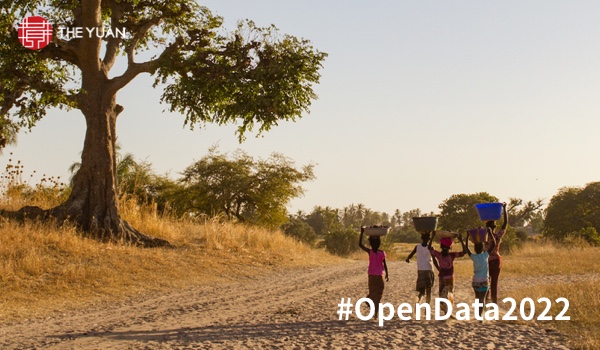


BOSTON - Meta (Facebook), Alphabet (Google), Microsoft, Twitter, and a few other tech companies have come to dominate what people see and hear on the internet, shaping hundreds of millions of people’s perceptions of the world. In pursuit of advertising revenue, their algorithms are programmed to show content that will hold viewers’ attention - including extremist videos, disinformation, and material designed to stimulate envy, insecurity, and anger. Now, with the rapid development of ‘large language models’ such as ChatGPT and Bard, Big Tech’s hold on impressionable minds seems set to further strengthen, with potentially scary consequences.
However, other outcomes are still possible. Companies could certainly deploy the latest wave of artificial intelligence (AI) much more responsibly. Two currently ongoing court cases serve as warnings to those pursuing socially destructive business models. Nevertheless, public-policy interventions may be needed to break up the largest tech companies and to tax digital advertising. These policy levers can help change Big Tech’s pernicious business models, thereby preventing the platforms from inflicting so much emotional harm on their users - especially vulnerable youngsters.
The legal cases include Gonzales v. Google, which is currently before the United States Supreme Court. At issue is the tech industry’s insistence that Section 230 of the 1996 Com
The content herein is subject to copyright by Project Syndicate. All rights reserved. The content of the services is owned or licensed to The Yuan. The copying or storing of any content for anything other than personal use is expressly prohibited without prior written permission from The Yuan, or the copyright holder identified in the copyright notice contained in the content. Continue with Linkedin
Continue with Linkedin
 Continue with Google
Continue with Google











 996 views
996 views






